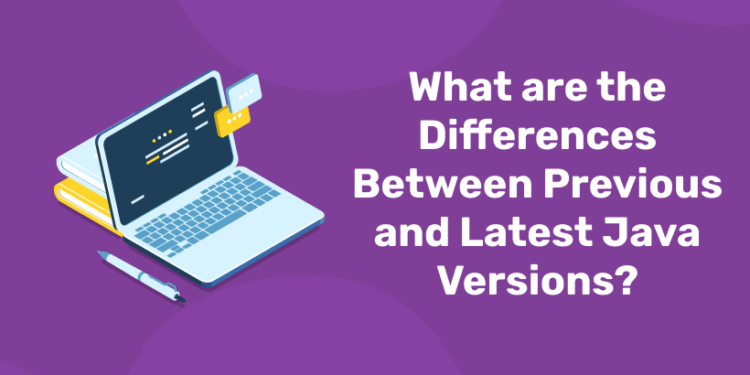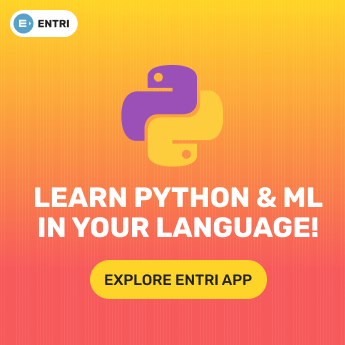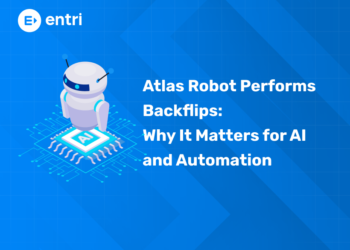Table of Contents
A new Java version is published twice a year, but each new iteration appears to be only small progress on the previous one. While this may also be true for the latest version of Java 17, this version holds a more profound significance, since Java 8 – presently the most commonly used Java version – will soon renounce its Oracle Premier Support. In this article, we will explore the differences between the previous and latest versions of Java, and their implications for Java software. Should you relocate your applications from Java previous to the latest? Let’s find out here.
Java 8 will lose its Oracle Premier Support soon. It doesn’t imply that it won’t acquire any new updates, but Oracle’s action put into preserving it will likely be extremely smaller than it is right now.
That indicates there’ll be a fair reason to make the move to a new version. Specifically since just a month ago – on September 14th, 2021 – Java 17 was released. It’s the new Long Term Support (LTS) version, with Oracle Premier Support to last until September 2026 (at least).
Want to Learn Java Programming? Click Here to Join!
The Differences Between the Java Versions
Coming from other programming languages with significant breakages between releases, like say Python 2 to 3, you might be wondering if the same involves Java.
Java is unique in this regard, as it is extremely backward compatible. This indicates that your Java 5 or 8 program is assured to run with a Java 8-17 virtual machine – with a few exceptions you don’t need to worry about for now.
It does not work the other way around, say your program depends on Java 17 features, that are simply not available under a Java 8 JVM.
This means a couple of things:
- You do not just “learn” a typical Java version, like 12.
- Rather, you’ll get a sound basis in all language features up until Java 8. This functions as a good base.
Learn Coding in your Language! Enroll Here!
Features of Previous Java Version
- Lambda Expressions, a new language feature, has been presented in this release. They allow you to treat functionality as a method argument, or code as data. Lambda expressions let you convey instances of single-method interfaces (referred to as functional interfaces) more compactly.
- Method references deliver easy-to-read lambda expressions for techniques that already have a name.
- Default modes let renewed functionality be added to the interfaces of libraries and ensure binary compatibility with code written for elder versions of those interfaces.
- Reprising Annotations deliver the power to apply the same annotation type more than once to the same assertion or type use.
- Type Annotations deliver the ability to involve an annotation anywhere a type is used, not just on a declaration. Used with a pluggable type system, this feature allows improved type checking of your code.
- Enhanced type inference.
- Method parameter reflection.
Features of Latest Java Versions
- Context-Specific Deserialization Filters
- Vector API (Second Incubator)
- Foreign Function & Memory API (Incubator)
- Deprecate the Security Manager for Removal
- Remove the Experimental AOT and JIT Compiler
- Sealed Classes
- Remove RMI Activation
- Pattern Matching for a switch (Preview)
- Strongly Encapsulate JDK Internals
- Deprecate the Applet API for Removal
- macOS/AArch64 Port
- New macOS Rendering Pipeline
- Enhanced Pseudo-Random Number Generators
- Restore Always-Strict Floating-Point Semantics
Is It Good to Migrate from Previous Java Version to the Latest?
1: What is the default value of a boolean in Java?
If you have a large, high-load business application and still use Java 8, you will see better performance, faster startup time, lower memory footprint after migrating. Programmers performing on that application should also be happier, as there are many improvements to the language itself. So it is fair to migrate from the previous Java version to the latest.
Java 17 LTS is out now, and it’s going to be kept for years to come. On the other hand, Java 8’s support is heading to run out in just a few months. It’s definitely a solid reason to think moving to the newest version of Java. In this article, we covered the differences between them. You can learn more about the features of Java in our ENTRI Learning App. We also provide courses for Java programming and coding. Keep in touch with us to know more details regarding programming.














